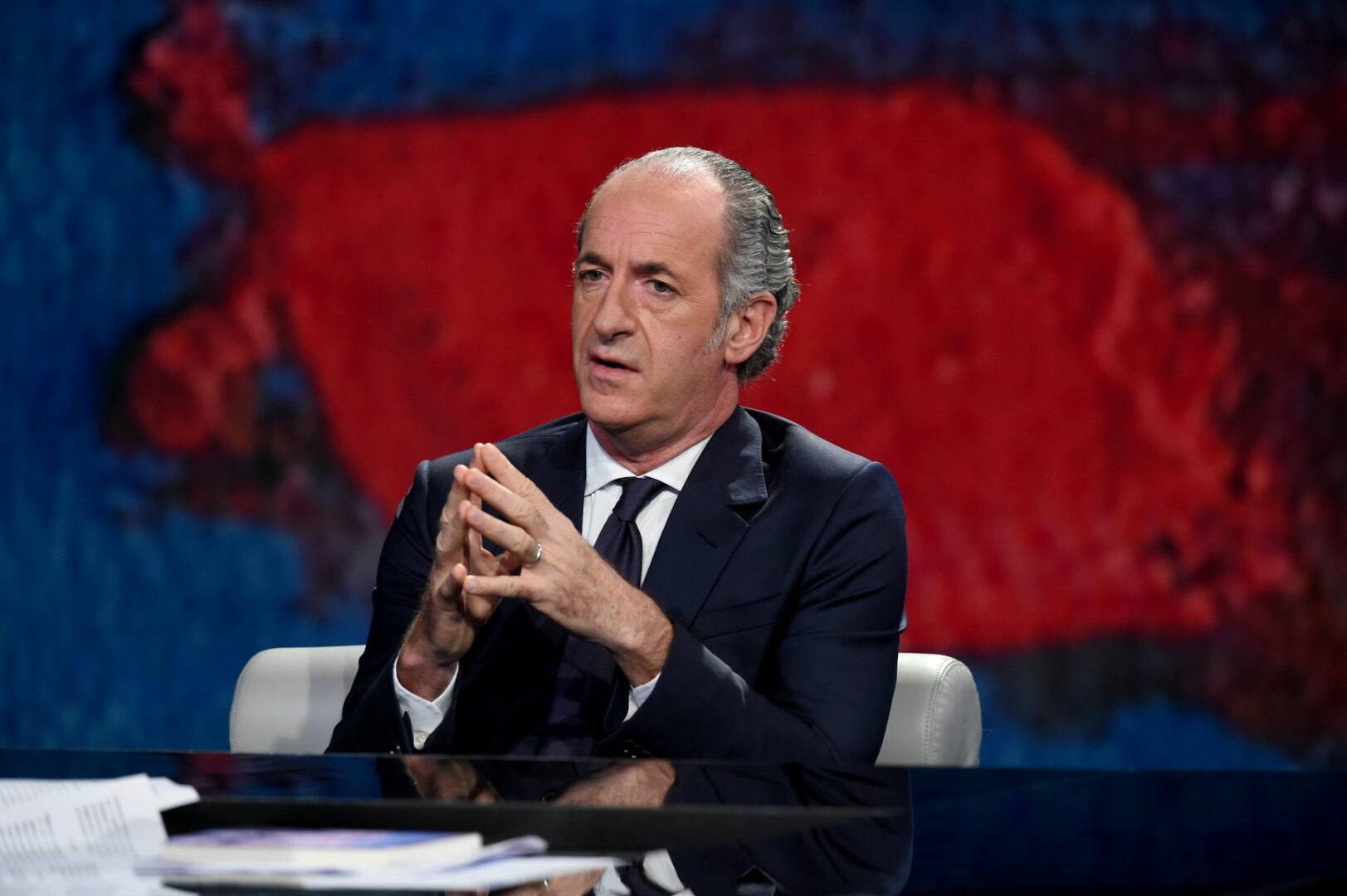VENICE (ITALPRESS) – “Let’s start by saying that in Italy the end of life already exists. Normalized by a ruling. Saying that it does not exist means not being respectful of citizens.” Thus, in an interview with Corriere della Sera, Luca Zaia, who has instructed his technicians to finalize a regulation to implement the 2019 Constitutional Court ruling guaranteeing access to voluntary death in certain well-specified cases. The regulation, according to Zaia, is “simply, the way to give an answer to citizens who, in painful and particular cases, ask to end their existence. As provided for by the Consulta. Sennonchè, the ruling leaves in the shade two crucial points. The regulation should fill this gap.” “In Veneto,” he explains, “there have been seven applications from 2019 to date. Of these, three have been accepted, although one of the patients later failed without the application of the procedure. “The ruling prescribes that a person can ask for the end of life if he or she is kept alive by life supports, has an inauspicious diagnosis, is in great physical and mental suffering, and decides in freedom of mind and will,” Zaia recalls. “Then, the ethics committee of the hospital Ulss (Local Social and Health Unit, ed.) gives its answer. The problem with the ruling is that it does not say two things: the time frame within which an answer must arrive, and who must manage and administer the drug.” “The patient,” Zaia continued, “has the right to request the end of life, but the regions are not in a position to follow up on the request. The request arrives, but because there is no time within which to follow up, it is likely to remain there. It would be as if we were discussing a law on the termination of pregnancy, abortion, but without establishing mandatory timeframes in giving answers to women and without defining who has to perform it. On the end of life the great hypocrisy of this country is to pretend that the regulations are not there. But you don’t have to ask an administrator whether he is for or against end of life. You have to ask to apply the laws.” “I repeat,” the governor added, “it’s about not being hypocritical. If someone is against it, even if I don’t share the unliberal attitude, propose a law banning end-of-life and we won’t talk about it anymore. But it is unacceptable not to follow up on a court ruling.” Asked if the problem is not also in the difficulty of providing palliative care, he replied, “Some people want to make it believe, but Veneto is the first region in Italy for palliative care. Of course, not enough is ever done. But none of the seven applications we have received depend on that; patients refuse them. But it’s not my job to evaluate their choices.” “There are ethical issues,” he adds, “on which everyone’s position must be respected. And, first of all, comes the freedom of the citizen. I have an obligation to respond if there is a request under the law. They call me an extremist, but those who do that do not have the problem of running health care, talking about it without responsibility is easy. Keep in mind that here really politics has nothing to do with it….” “We,” he continued, “have ethics committees that deal with the issue, politics does not see what is going on. When a case emerges, we learn about it from the newspapers, because it is a clinical fact. What is not permissible is the hypocrisy of allowing the terminally ill to submit applications to access the end of life, give the eligibility response and then pretend nothing is happening.” “I have given the mandate to the technicians and they will be the ones to indicate the best tool. It is not, as some have said, an obsession with politics. It’s just finding a way to do what we have a duty to do,” Governor Zaia concluded.- photo Ipa agency -(ITALPRESS).

